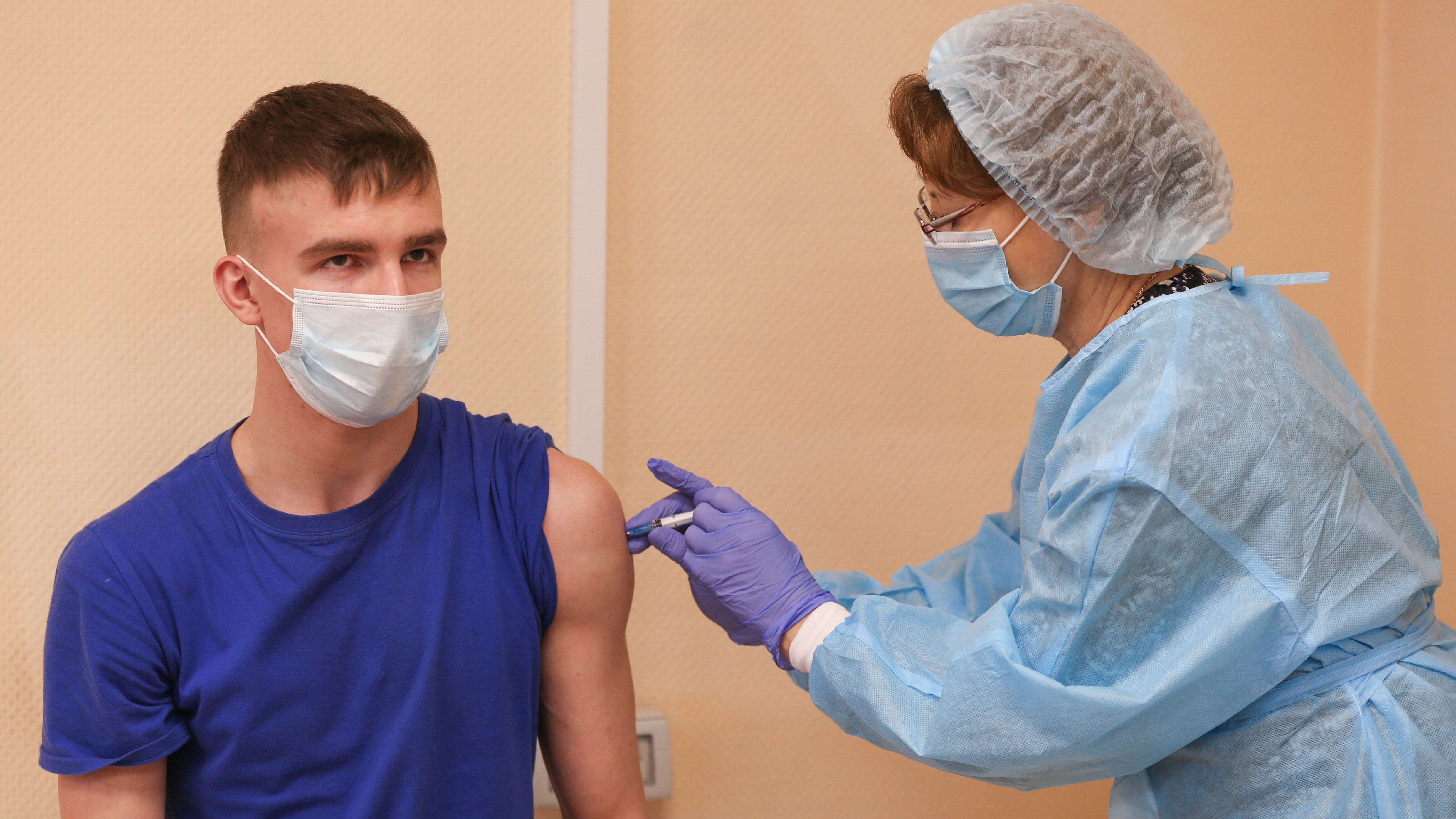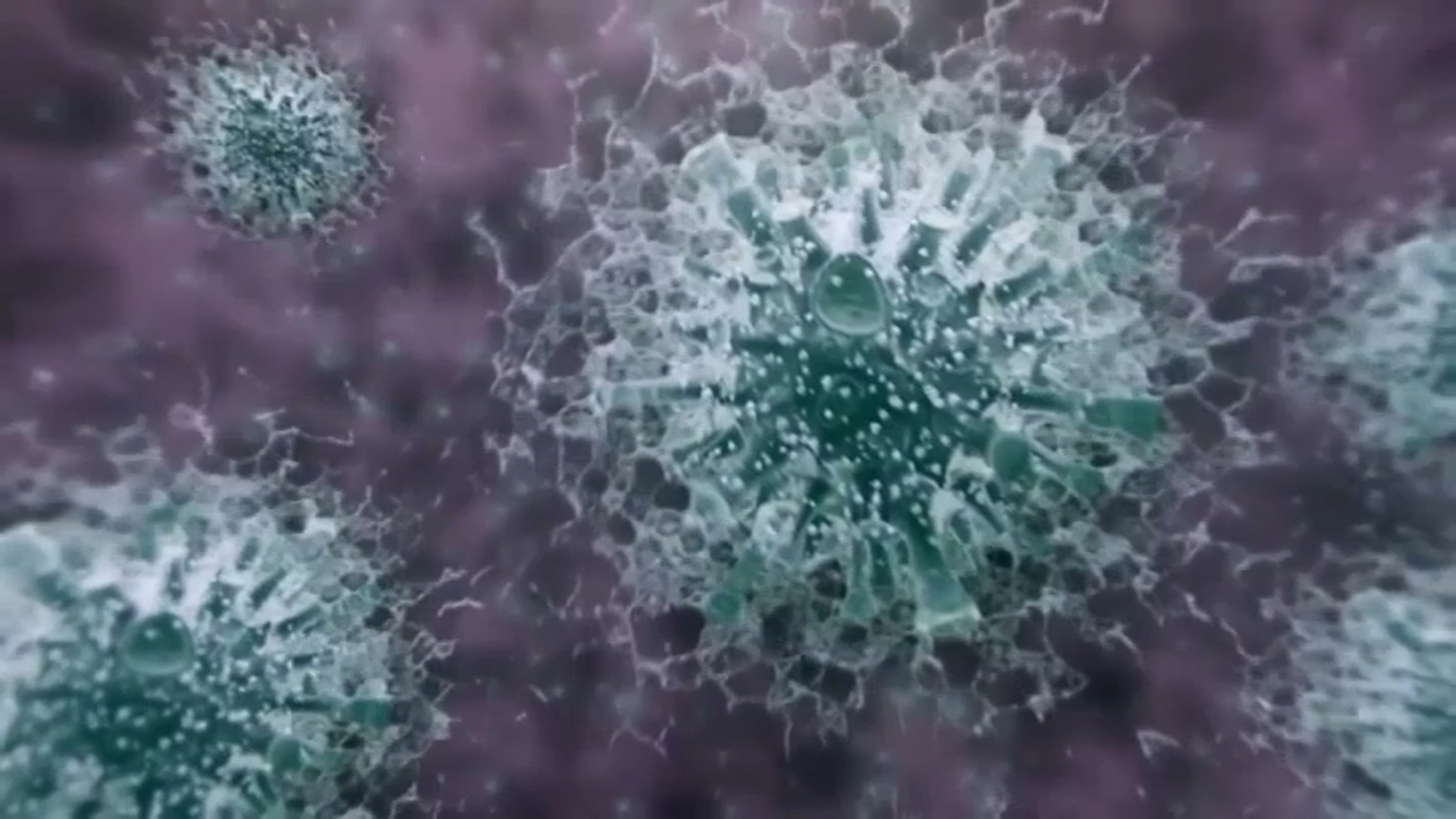As coronavirus rates continue to improve, Massachusetts and other states are lifting school mask mandates. Top Boston doctors have differing opinions on whether that's the right move.
The school mask mandate in Massachusetts will expire at the end of the month, Gov. Charlie Baker announced Wednesday, which falls in line with other nearby states. Connecticut Gov. Ned Lamont has said he will not extend the school mask mandate past Feb. 28. The governors of both New Jersey and Delaware have announced their respective school mask mandates will be lifted in March, as well.
Three top Boston doctors talked about whether they think masks should continue to be required in schools during NBC10 Boston's weekly "COVID Q&A" series Tuesday.
READ THE ANNOUNCEMENT: Massachusetts Lifts School Mask Mandate
Get Boston local news, weather forecasts, lifestyle and entertainment stories to your inbox. Sign up for NBC Boston’s newsletters.
More from this series
Should masks be required in schools?
Boston doctors are split on whether masks should continue to be required in Massachusetts schools. Dr. Shira Doron, hospital epidemiologist at Tufts Medical Center, believes it's time to lift the mask mandates, while Boston Medical Center's Dr. Sabrina Assoumou and Brigham and Women's Hospital's Dr. Daniel Kuritzkes caution it's still too soon.
With coronavirus cases consistently trending down -- cases in Massachusetts have fallen by more than 85% since mid-January -- as well as the development of vaccines and treatment for COVID-19, Doron said it's time to make masking a personal choice.
"We are in a different place than we were last year or the year before," she said. "I think that the time is now to educate people about how to protect those that are higher risk with well-fitting, good masks that filter that provide personal protection."
Doron, who works as an unpaid advisor to the state's education commissioner as well as to private schools, camps and the like, said it's easy to quantify the risks of COVID-19 with in-depth public health data, but determining the risk of forcing students to wear masks is more nuanced.
"We are very good at quantifying the harms from COVID-19 cases, hospitalizations, deaths, you know that the data can be a little bit messy, but they are relatively easy to interpret," she said. "On the other side, we have this question of, 'What are the harms from masks?' And we do not have a way to quantify it. We do not have ongoing studies. And even if we did, it would be really hard to quantify that, to study that in a in a way that we could make tables and graphs out of. But I hear about a lot of harms."
Doron cited members of the community whose children are regressing in terms of their social development and reading skills. Making matters worse, children who don't comply with the mask mandate are being disciplined with suspension from extracurricular activities or detention, Doron said, while many other children are subject to "silent lunch" due to concerns about transmission while students eat without masks on.
While Doron noted that there are no studies to quantify how masks harm social development in children, Assoumou countered that there are no studies to suggest that any risk exists. Assoumou attributed the majority of those developmental issues to when the state was largely shut down at the start of the pandemic.
"A lot of the harm that we've seen during the pandemic was because of all the closures and the lockdowns," Assoumou said. "I'm not aware of any data that shows that masks are harmful to children."
For parents who may be concerned about language development, Assoumou noted there are other cues people can use to develop language. She also pointed to Asian countries, where masking has taken place for religious reason or to protect from pollution without developmental issues. Kuritzkes agreed.
"The biggest problem is the disruption that occurs when a student has to be taken out of school when a teacher has to be taken out of school, because they come become acutely ill," Kuritzkes said. "We're almost there -- it's just going to require a few more weeks."
Assoumou, a mother of two, noted that at Boston Medical Center, she's seeing data that shows only 33% of 5- to 11-year-olds are vaccinated.
"For me, you know, it's professional, and it's also personal. I have a 6-year-old, she's vaccinated, but unfortunately, a lot of 5- to 11-year-olds are not yet vaccinated," she said. "I think that we should be working a little more to make sure that we're vaccinating as many people as possible."
"The time is now to educate people about how to protect those that are higher risk with well-fitting, good masks that filter that provide personal protection."
Dr. Shira Doron, hospital epidemiologist at Tufts Medical Center
Kuritzkes argued that school mask mandates should be lifted based on a certain benchmark for vaccination rates.
"If every community has reached a certain benchmark in terms of the proportion of students vaccinated in a school, it's then reasonable to relax these requirements," he said. "I don't know why that shouldn't be close to 100% as it is for measles and polio and everything else. And then you can go back to a normal situation."
When asked for how long, Kuritzkes said until statewide rates get down to where they were in the summertime of 2020 and 2021. All three doctors noted that the issue is highly emotional, sensitive and divisive. But people must continue to be patient, Kuritzkes said.
"We are getting there and we just need a little bit more patience," he said. "And then we need to invest the resources to ensure that those students who have fallen behind have the means of catching up, that we have extra coaching and teaching and remediation, to make sure that everybody is performing at their potential. And that's where we should really be putting our energy."
Doron noted that when thinking about harm reduction, it's important to view both sides. In this case, she said it isn't reasonable to try to avoid COVID-19 forever.
"I think that everybody will eventually get COVID because, like other circulating coronaviruses, we will not be able to avoid it forever," Doron said.



